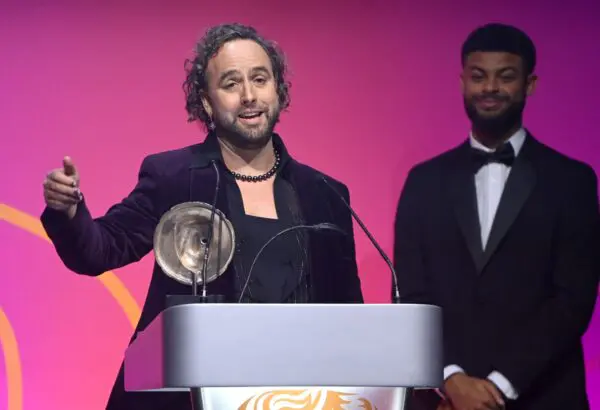Backstage at the 2025 Film Awards
See some of the winners and presenters from the EE BAFTA Film Awards 2025 being 'Frozen in Time!' in our very special photo booth.
BAFTA’s year of support in numbers
Championing accessibility: The Assembly
Blue Zoo: Special Award 2025
The Best Video Games of 2025
In Pictures: The BAFTA Scotland Awards 2025
Outstanding Contribution: Ewan McGregor OBE
Meet 2025's Favourite Scot on Screen
Outstanding Contribution: Location, Location, Location
In Pictures: The BAFTA Cymru Awards 2025






